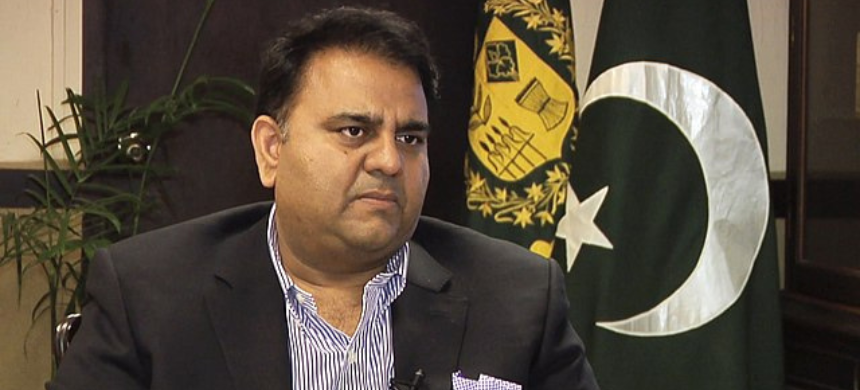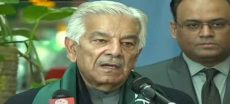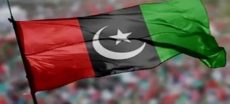Fawad Chaudhry, a senior leader of Pakistan Tehreek-e-Insaf (PTI), has shared his perspective on the political consequences of the PTI founder’s potential release, highlighting how it could pave the way for new elections, creating a significant shift in Pakistan’s political landscape. He warned that if the PTI founder is released, he could launch a campaign that would disrupt the functioning of the government. Chaudhry pointed out that the government is likely hoping for the release to happen only if elections are not imminent.
Chaudhry also noted that global pressure is playing a role in the ongoing negotiations, with the political scenario expected to evolve after the arrival of former U.S. President Donald Trump. He mentioned that the current government is under pressure from the U.S. and cannot afford to ignore its demands, which seems to be shifting the balance in favor of PTI.
Additionally, Chaudhry revealed that government officials had attempted to arrange meetings between PTI leaders and the founder, but these efforts were thwarted due to restrictions. He stressed the need for both the government and the establishment to define a clear policy on their objectives.
Chaudhry also commented on the need to avoid personal attacks against institutions and their leaders, suggesting that figures like Salman Akram Raja, who are not directly involved in politics but are associated with figures like Nawaz Sharif, should not be treated as political leaders.
Read More: Imran Khan Rejects Bani Gala Transfer, Demands Supporters’ Release
Shahid Khaqan Abbasi, former Prime Minister and leader of Pakistan Muslim League-Nawaz (PML-N), also weighed in on the political developments, expressing doubts about the potential for successful negotiations between the government and PTI. Abbasi criticized the government for its inability to meet PTI’s demands and implied that the negotiations were merely for appearances, with no tangible progress being made. He also critiqued the government’s performance, claiming that it lacks the mandate to address Pakistan’s economic issues, with inflation remaining high and little improvement in the country’s economic situation. He also commented on the discussions surrounding civilian trials for military personnel, suggesting that the U.S. could exert pressure on Pakistan concerning human rights issues.
Barrister Aqeel offered his legal insights, cautioning that statements made by government officials against the Prime Minister and institutions could affect the ongoing negotiations. He expressed concern that the PTI founder’s current stance might hinder the negotiation process. Aqeel also discussed the legal ramifications of the 190 million-pound case, noting that the maximum sentence could be up to 14 years. He speculated that the PTI founder might request the government to consider his security and health in any transfer process. Furthermore, Aqeel raised concerns about the recent kidnapping of employees in Laki Marwat and questioned how the provincial government was handling the matter, stating that the federal government may need to intervene if the provincial government requests assistance. Lastly, Aqeel mentioned that work is ongoing in the cryptocurrency sector.











